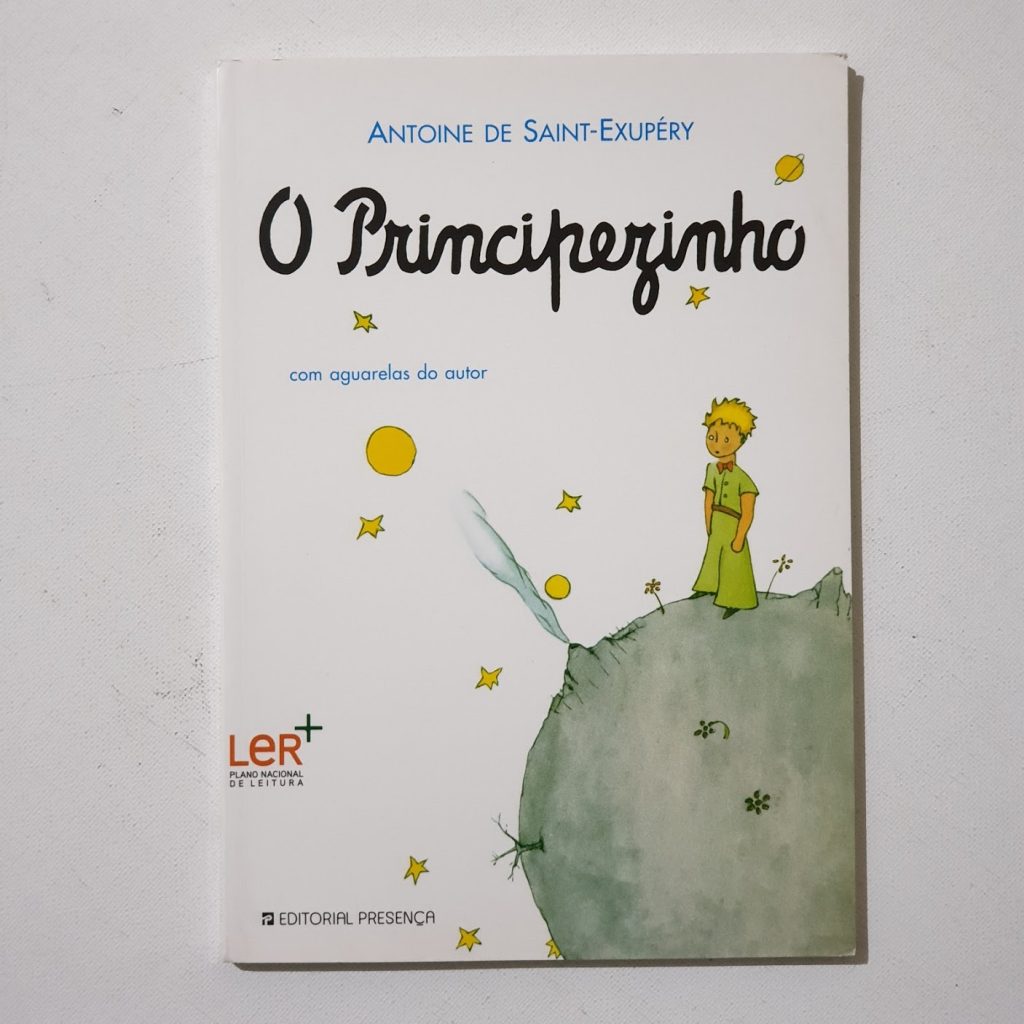
O Principezinho — in Portuguese. I used to think that the people in Portugal speak European dialect of Brazilian language. Hahahah, kidding. I just need to make up a reason that I get this Portuguese edition only now, after more than a hundred other translations in many languages.
Portuguese evolved from Vulgar Latin in the medieval Kingdom of Galicia, in what is now northwestern Spain and northern Portugal. Over time, it developed as a distinct language, influenced by other languages and cultures in the region.
During the 15th and 16th centuries, Portugal was at the forefront of maritime exploration. Portuguese explorers like Vasco da Gama, Ferdinand Magellan, and Pedro Álvares Cabral played pivotal roles in discovering new lands and establishing trading routes. This era of illegal colonisation led to the spread of the Portuguese language to territories across Asia, Africa, and the Americas. Today, Portuguese is the official language of nine countries: Portugal, Brazil, Mozambique, Angola, Guinea-Bissau, East Timor, Equatorial Guinea, Cape Verde, and São Tomé and Príncipe. It is also widely spoken as a second language in Macau (China) and has a significant number of speakers in various communities around the world. Brazil, which was colonised by the Portuguese in the early 16th century, is now the largest Portuguese-speaking country in the world.
During the 19th and 20th centuries, there were efforts to standardise and modernise the Portuguese language. Reforms were made to spelling, grammar, and vocabulary to achieve a unified and standardised language used in Portugal and its former colonies.


